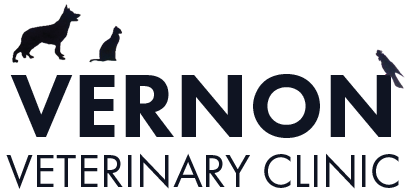Illustrated Articles
-
Midazolam is a benzodiazepine used for its sedative, anti-anxiety, and muscle relaxant properties. It is primarily used as a sedative before surgery and to stop seizures. It is used “off label” or “extra label” in animals. This medication is a controlled substance primarily given via injection by your veterinary team, though it may be prescribed to your pet for intranasal or intrarectal administration at home.
-
Mupirocin otic, also known as pseudomonic acid A, is an antibiotic used in the treatment of ear infections. It is used “off label” or “extra label” to treat ear infections in animals. Mupirocin comes in ointment or liquid drop suspension forms that may be specially compounded.
-
Olopatadine ophthalmic is an antihistamine medication used to treat pruritus (itchiness) of the eyes caused by allergies in animals. Olopatadine ophthalmic comes in liquid drop suspension form.
-
Ophthalmic autologous serum is a blood-derived product used to treat corneal ulcers in animals. Ophthalmic autologous serum is part of the blood and is collected directly from the patient. It is in liquid form.
-
The most common skin problem in mini-pigs is dry skin that results from a dietary deficiency of fatty acids. In addition to dry skin, mini-pigs commonly suffer from sarcoptic mange, parakeratosis, yeast dermatitis, and sunburn. Hooves of mini-pigs grow continuously throughout life and need to be trimmed periodically. The canine teeth (tusks) of male pigs grow throughout life, while those of female pigs stop growing at about two years of age. Starting after the pig is about a year of age, your veterinarian will trim tusks during an examination.
-
Just like other pets, mini-pigs should have a complete veterinary check-up after they are acquired and then annually after that. Your pig may need to be sedated for examination. Your veterinarian will determine the vaccines that are advisable for your pig, based on your pig's potential exposure to pathogens, breeding status, and geographic location. An analysis of your pig's feces should be performed annually to check for gastrointestinal parasites. Pet pigs should be screened for mites through a skin scraping. Veterinarians also will often help pig owners with hoof care and tusk trimming. Neutering of males and spaying of females is recommended for all pigs.
-
Compounded medications are not approved by federal authorities. They are medications that have been altered to provide more accurate dosing or easier administration. They have not been tested for safety, stability, potency, or efficacy.

